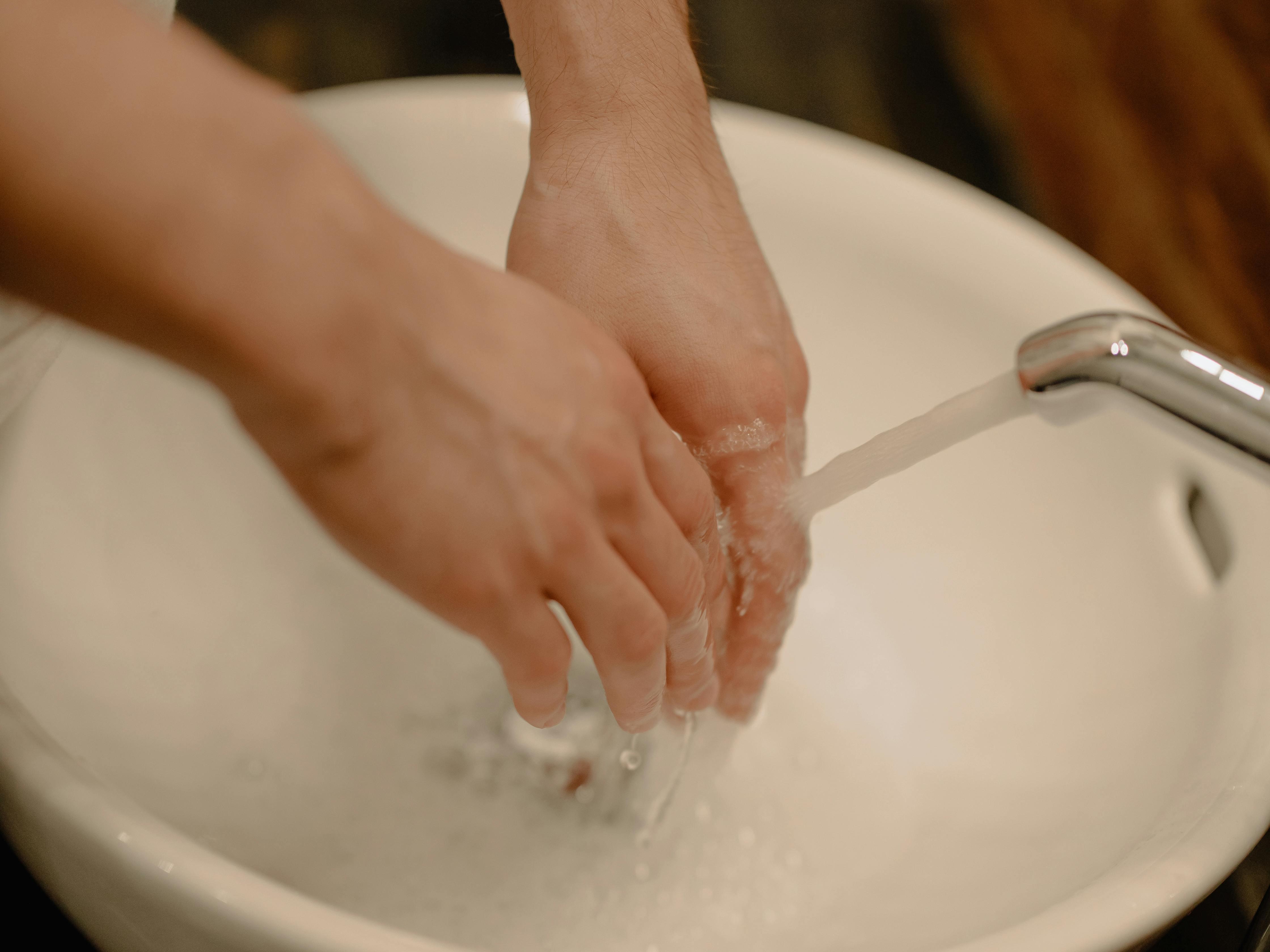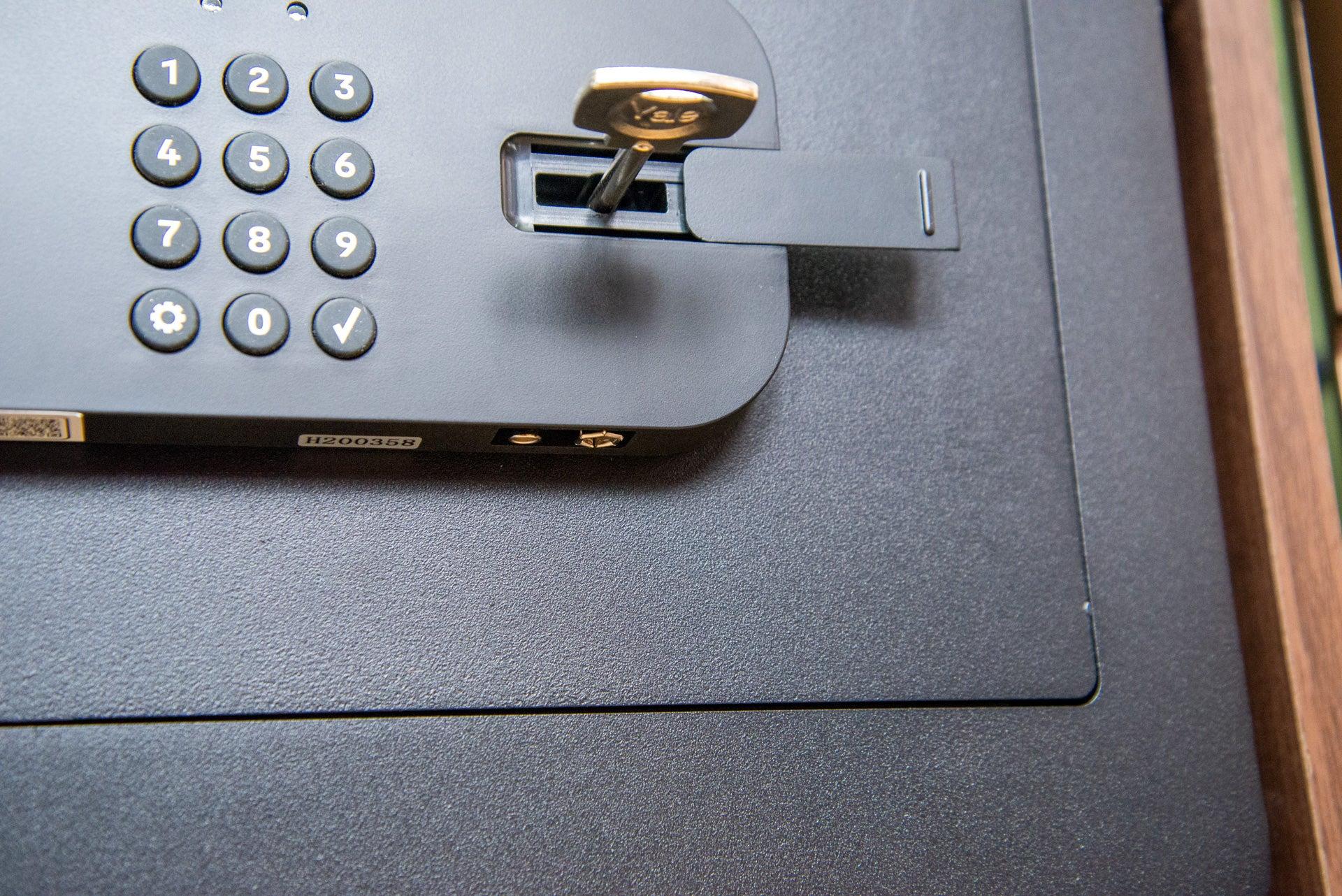It is often a topic of discussion amongst parents whether or not it is safe to give babies alkaline water. Many parents are concerned about the potential health benefits and risks of giving their infants alkaline water. In this article, we will discuss the safety of giving babies alkaline water, as well as any potential health benefits and risks associated with it.Alkaline water is water that has a pH level of more than 7. It is created by running regular tap water through an alkaline filter, which raises the pH to above 7. Alkaline water is rich in alkalizing compounds, such as calcium, silica, potassium, magnesium, and bicarbonate. These compounds are believed to have health benefits, including improved hydration and better absorption of vitamins and minerals.
Is Alkaline Water Safe for Babies?
When it comes to giving infants and babies water, parents are always concerned about its safety. Alkaline water is one of the most popular types of drinking water available today, but many people are unsure whether it is safe for babies to drink or not. While there is no concrete evidence to suggest that alkaline water has any adverse effects on infants and babies, it is important to understand the potential risks before making a decision about whether or not it is safe.
Alkaline water has a higher pH level than regular tap water, which means that it may have some health benefits for adults. However, since babies and infants do not have fully developed digestive systems, they may be more susceptible to any changes in pH levels in the water they consume. As such, it is recommended that parents consult their pediatrician if they plan on giving their baby alkaline water.
In addition, many parents are worried about the high concentration of minerals found in alkaline water. While these minerals may be beneficial for adults, they may also cause digestive issues or even mineral imbalances in babies and infants. For this reason, some experts suggest avoiding giving alkaline water to very young children unless advised by a doctor.
Finally, while alkaline water does not contain any chemicals or toxins that could be harmful to infants and babies, it is important to make sure that the source of the alkaline water is safe and reliable. It should also be filtered or treated using reverse osmosis so that any contaminants present are removed before consumption.
In conclusion, while there is no definitive answer as to whether alkaline water is safe for babies or not, parents should always consult their pediatrician before introducing new types of drinking water into their baby’s diet. Additionally, parents should ensure that the source of the alkaline water is reliable and free from contaminants before offering it to their baby.
The Benefits of Alkaline Water for Babies
Alkaline water has many health benefits, and it can be particularly beneficial for babies. Alkaline water is rich in minerals that help to neutralize the acid in the body and balance its pH level. This can help to improve your baby’s digestion, reduce their risk of infection, and provide them with essential nutrients. It also helps to regulate their body temperature, which is important for keeping them comfortable and healthy. Additionally, alkaline water can help to improve their skin health and reduce breakouts.
Alkaline water is also beneficial for babies because it helps to protect them from the harmful effects of toxins. Toxins can enter the body through food, air, and even drinking water. Alkaline water helps to neutralize these toxins so they can be eliminated from the body more quickly and easily. This can help to keep your baby’s immune system strong and protect them from potential illnesses or infections.
Finally, alkaline water can also provide your baby with essential minerals that are important for their growth and development. Minerals like calcium, magnesium, potassium, sodium, and iron are all found in alkaline water. These minerals are necessary for healthy bones, teeth, muscles, blood vessels, skin cells, and other tissues in the body. By providing your baby with these essential minerals through alkaline water you can ensure they get all the nutrients they need to stay healthy and grow strong.
Risks of Alkaline Water for Babies
Alkaline water is becoming increasingly popular, but it may not be the best choice for babies. Because babies’ bodies are still developing, they are more susceptible to potential risks associated with alkaline water. As it has a higher pH level than regular drinking water, alkaline water can interfere with the body’s natural pH balance. This can cause adverse effects such as increased acidity in the stomach and an imbalance in electrolytes. Additionally, alkaline water may contain high levels of minerals which could cause health issues if consumed in large amounts by babies.
Babies should only consume clean, filtered drinking water that meets safety standards set out by their local government. The current recommendation is to avoid giving babies any type of alkaline water until further research is conducted to assess its safety and efficacy for infants and young children. Parents should always consult a doctor before introducing any new food or beverage into a baby’s diet, including alkaline water.
How Much Alkaline Water Can Babies Drink?
The debate over the safety of alkaline water for babies is still ongoing, and the jury is still out. Generally, it is recommended that babies under the age of six months do not drink alkaline water, as their digestive systems are not equipped to handle it. It is also advised that babies under the age of one should not drink more than a few ounces of alkaline water per day. For babies over one year old, a maximum of 8 ounces per day is usually recommended.
It is important to remember that infants and young children can be particularly sensitive to the effects of alkaline water, so it is best to err on the side of caution. Parents should make sure they are well informed about potential risks before giving their baby any kind of alkaline water. If in doubt, it’s best to consult with a doctor or nutritionist before making any changes to a baby’s diet.
It’s also important to note that there is no scientific evidence that suggests alkaline water has any health benefits for babies or children. While some adults may choose to drink alkaline water as part of an overall healthy lifestyle, this does not necessarily mean it will be beneficial for infants or young children. As with any dietary change, parents should speak with their doctor before making any decisions about what their baby eats or drinks.
In conclusion, while there are no definitive answers as to how much alkaline water is safe for babies and toddlers, it’s generally recommended that they consume no more than 8 ounces per day if they are over one year old. For younger babies, no more than a few ounces should be given each day. It’s always best to err on the side of caution and speak with a doctor before introducing any new foods or beverages into a baby’s diet.

Types of Alkaline Water Available for Babies
Alkaline water is a type of drinking water with a higher pH than normal tap water. It can be beneficial for adults, but is it suitable for babies? The answer is yes, as long as it is the right kind. There are several types of alkaline water available for babies, each with its own set of benefits.
The most common type of alkaline water available for babies is purified or distilled water. This type has been stripped of all minerals and impurities, making it safe and free from contaminants. It has a neutral pH level and can be used to prepare infant formula or diluted juice.
Another type of alkaline water available for babies is mineral-enhanced water. This type contains added minerals such as calcium and magnesium, which can help support baby’s growth and development. Mineral-enriched waters are also great at helping maintain healthy hydration levels in babies, making them an ideal choice for those who are unable to consume regular tap water.
Finally, there are electrolyte-enhanced alkaline waters available for babies that contain added electrolytes such as sodium and potassium to help support the body’s natural balance. These waters provide extra energy and help protect against dehydration in active infants who are more prone to sweating, such as those who are teething or crawling around the house all day long!
When selecting an alkaline water for your baby, make sure you read the label carefully to determine what kind of additives it contains and whether they are suitable for your infant’s age group. It is important to note that all types of alkaline water should be consumed in moderation since too much can lead to stomach upset in some cases.
In conclusion, there are several types of alkaline waters available for babies that can provide numerous benefits depending on their individual needs. Be sure to consult your pediatrician before giving your child any kind of alkaline water to ensure safety and optimal health!
Making Alkaline Water for Babies
Alkaline water is a great way to ensure your baby is getting the minerals they need. The pH of alkaline water can help to reduce acidity in the body and provide essential minerals, including calcium, magnesium, potassium, and sodium. It can also help to balance the body’s pH levels and improve overall health. Making alkaline water for babies is easy and doesn’t require any special equipment. Here are a few tips to get you started:
First, it’s important to choose a safe source of alkaline water. You can use either tap water or bottled water that has been treated with reverse osmosis or distillation to remove impurities. Be sure to check the label on the bottle or container to make sure it contains no contaminants.
Once you have chosen your source of alkaline water, you will need to add some minerals such as baking soda or sea salt. Both are excellent sources of minerals that will help increase the pH level of the water. Start with a teaspoon of baking soda or 2 teaspoons of sea salt per gallon of water and adjust accordingly if necessary.
Finally, store your alkaline water in glass bottles or containers at room temperature away from sunlight. This will ensure that your alkaline water remains fresh for up to two weeks before needing to be prepared again. And remember, when preparing alkaline water for your baby, be sure to use only fresh filtered or distilled water and not tap water.
By following these simple steps you can easily make alkaline water for your baby at home. Not only is this an effective way to provide essential minerals for their health but it can also be an affordable option as well!
Alternatives to Alkaline Water for Babies
Babies are particularly sensitive to changes in their diet. For this reason, parents may wish to consider alternatives to alkaline water for their little ones. Boiled and cooled tap water is an excellent choice for babies, as it is clean and free of any harmful chemicals or contaminants. It is also relatively inexpensive and easy to access.
Another option for babies is distilled water. Distilled water has been purified through a process of boiling, cooling, and condensing it, so it can be free of particles such as minerals and metals that other types of water may contain. While it can be more expensive than other types of water, distilled water can provide a safe alternative for babies who are particularly sensitive to certain substances found in tap or alkaline waters.
Parents may also choose to give their babies filtered water. Filtered water has been treated with a filter that removes impurities and contaminants from the liquid, making it a safe choice for infants. Filters come in different sizes and styles, so parents should look for one that best suits their needs when choosing a filtered option.
Finally, breast milk is an excellent source of nutrition for infants. Not only does it provide essential vitamins and minerals that are vital for growth and development, but breast milk also contains antibodies that help protect the baby from infections and illnesses. If possible, breastfeeding your baby exclusively is always the best choice when possible.

Conclusion
In conclusion, alkaline water is generally safe for babies to drink as long as it is given in moderation. However, it may not be beneficial to them in the long run, as there are no proven health benefits associated with drinking alkaline water. Furthermore, it is important to note that parents should always check with their pediatrician prior to introducing alkaline water into their baby’s diet. In addition, they should take care not to exceed the recommended daily amount of 2-4 ounces of alkaline water per day.
To ensure safety and optimal health for your baby, parents should provide a balanced diet that includes plenty of fruits and vegetables along with a variety of fluids such as plain water and milk. This will ensure that their baby’s body is receiving all the necessary nutrition and hydration it needs for growth and development.
Overall, giving babies alkaline water can be a safe option in moderation; however, parents should be mindful of the potential risks and consult their doctor before introducing it into their child’s diet.




